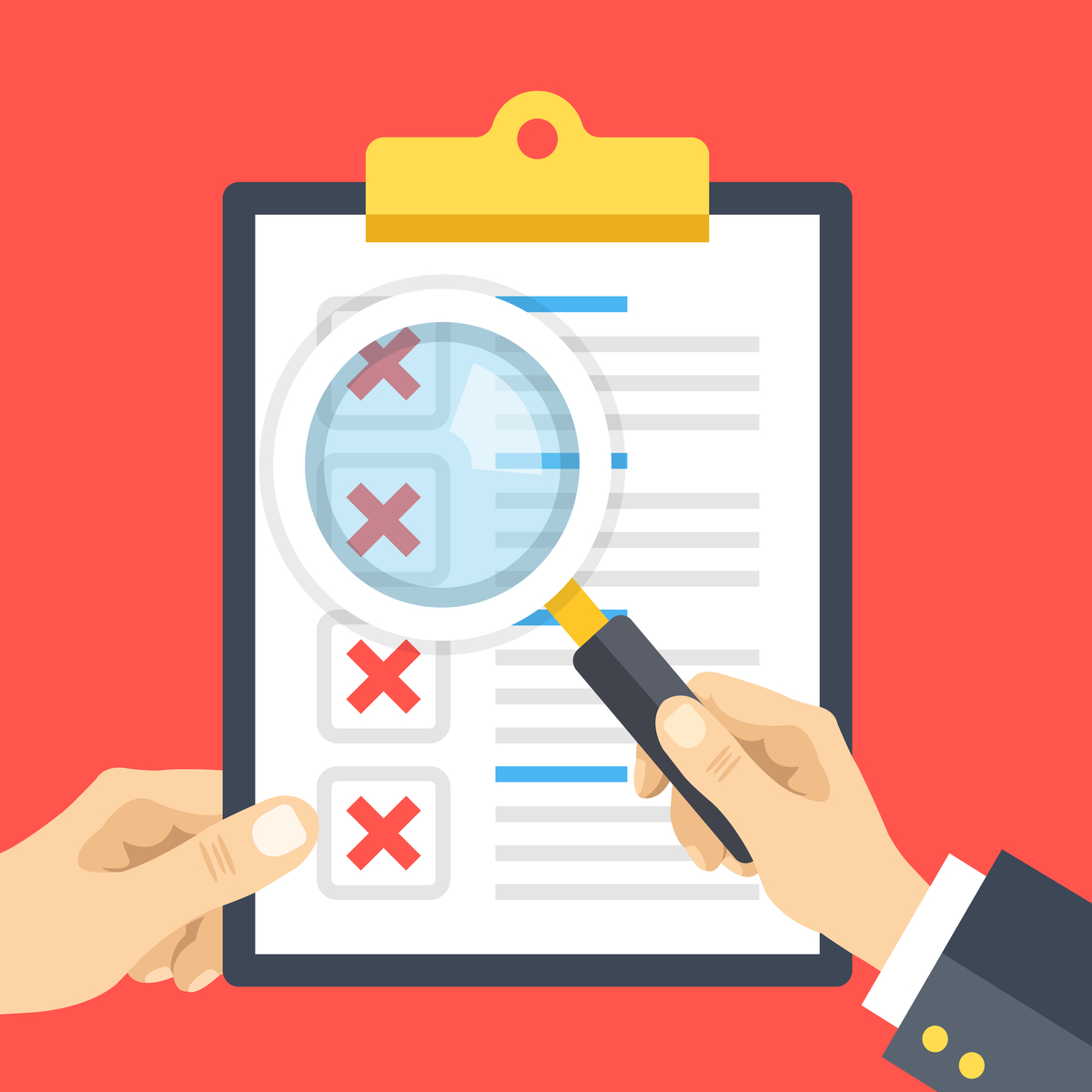There are times when a New York co-op board or a condo association may want or need to get into a unit….but when? General examples include when there is consent of the occupant, when there is a court order, or when there is an emergency.
An initial step to gain access is to check the exact language of the governing documents for the property, which may consist of the house rules for the condo or co-op offering plan, or the bylaws of the property, or the proprietary lease of the co-op. For most offering plans, the co-op board may enter for reasons that support appropriate purposes, such as notice for repairs. Additionally, the proprietary leases may allow property managers the right to demand entrance to randomly selected co-op apartments to ensure that residents are following the rules.
Consent
New York law is based on a standard using “reasonableness,” which means that if the co-op gives reasonable notice, the shareholder is required to give access. Reasonable could mean the notice can be 24 hours for an inspection or a week’s notice for a repair issue. Typically, the specifics are found in the bylaws and often they refer to notice for repairs, but it can be for other reasons as well.
Getting Access Via a Court Order
Sometimes you need to gain access for something other than a repair issue. For example, suppose your co-op receives complaints about odors and infestations coming from a shareholder’s unit, which seems to be cluttered. This could be indicators of hoarding, which is a threat to not only the shareholder, but also to the other building residents because it can create a fire hazard and can help attract pests to the building.
If you’re in this type of situation, you usually can start with letters and notices to the shareholder so that you can gain access. However, the shareholder might ignore this and after time, you may have to compel access through the court system, which involves getting a court order.
Emergency
Another time that the board or association may gain access is when there’s an emergency. However, it’s not always obvious, and there is an issue as to what’s considered an “emergency.” You may search the bylaws and not be satisfied with what they say. That’s why it’s important for entities to take the time to clean up any broad language before these incidents happen.
Some boards or management companies have used so-called emergencies as a sneaky way to enter a unit for other, less exigent reasons. A good way to gauge this is to ask whether the scenario has already existed for a significant length of time. If it’s been weeks, or even months, it’s likely not an emergency. If there is truly an emergency, you would get a government entity involved, such as the police or fire department. This demonstrates that something is currently amiss. And you’re being reasonable and responsible, and this will likely shield everyone from harm, including protection from any legal liability that could occur.
Speak with an Experienced NY Real Estate Attorney About Co-OP Access
Typically, you won’t have problems accessing a shareholder’s apartment. However, there are times when the co-op board might have to solve the problem through major action such as an eviction. An attorney can assist you with terminating their lease and removing the tenant if it comes to that. You should speak to one of our MOWK Law attorneys about your options. Contact us right away to learn more.










